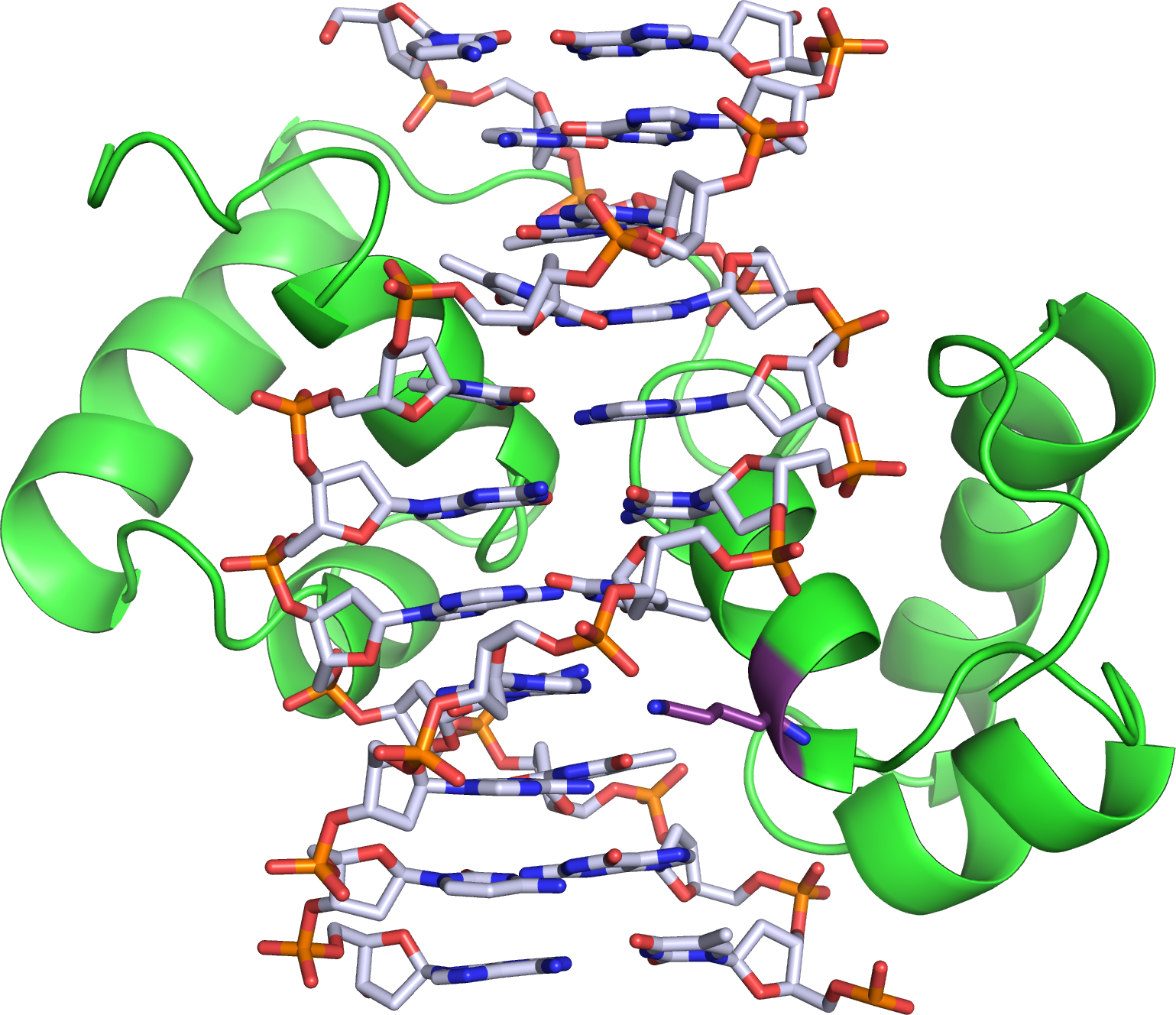mCSM-NA: effects of mutations on protein-nucleic acids interactions
Abstract: Over the past two decades, several computational methods have been proposed to predict how missense mutations can affect protein structure and function, either by altering protein stability or interactions with its partners, sheding light into potential molecular mechanisms giving rise to different phenotypes. Effectively and efficiently predicting effects of mutations on Protein-Nucleic Acid interactions, however, remained until recently a great and unmet challenge. Here we report an updated webserver for mCSM-NA, the only scalable method we are aware of capable of quantitatevely predicting the effects of mutations in protein coding regions on nucleic acid binding affinities. We have significantly enhanced the original method by including a pharmacophore modelling and information of nucleic acid properties into our graph-based signatures, considering the reverse mutation and by using a refined, more reliable dataset, based on a new release of the ProNIT database, which has significantly improved the reliability and applicability of the methodology. Our new predictive model was capable of achieving a correlation coefficient of up to 0.71 on cross-validation and 0.6 on blind-tests, outperforming its previous version.
